Netanyahu's anti-Iran rhetoric on 'terrorist TV' lays bare shared goals
By Syed Zafar Mehdi
It's no secret that "regime change" proponents, Pahlavi monarchists, MKO terrorists and Saudi-funded propaganda outlet 'Iran International', are closely wedded to the Zionist regime and pursue common, sinister goals.
So, it shouldn't come as a surprise that the embattled Israeli premier invited the "Terrorist TV", which recently moved its headquarters from the UK to the US, to air his unhinged, irrational and incessant anti-Iran rhetoric and help him deflect attention from the growing uprising against his regime.
The main premise of the carefully choreographed interview was Iran's nuclear program and how desperate the apartheid regime teetering at the brink of implosion is to disrupt the program.
Also, both the interviewee and the interviewer appeared adamant in insisting that the "people of Iran" are in favor of "regime change" and advocate more crippling sanctions and military action.
The interviewer, as per directives, started the talk by telling Benjamin Netanyahu that he will be speaking to the "people of Iran" for the first time since riots broke out last September - an invitation to be as deceitful and wild as he can.
Then, very rapidly, the topic steered toward recent riots in Iran, which were aided and abetted by Western powers, the Israeli regime and these run-of-the-mill Persian-language "news" outlets.
As the interviewer referred to Iran's "response" to the deadly unrest, Netanyahu promptly pointed to "executions" that have been used by human rights champions in the West to vilify the Islamic Republic.
There was no mention of how young, unarmed Basiji volunteers were mercilessly bludgeoned to death by these "peaceful protesters", smashing them with cold weapons and rocks until they succumbed.
Netanyahu, whose diabolic project to destabilize the region has been thwarted by the Islamic Revolution Guards Corps (IRGC), was particularly furious at the force, frantically calling for harsher sanctions on it.
IRGC, he claimed with raised eyebrows, was the "greatest fomenter of terrorism in the world", while the apartheid regime murdering defenseless Palestinians in cold blood was a paragon of virtues.
His frustration is not entirely unfounded. From Palestine to Lebanon to Syria to Iraq to Yemen and other countries, IRGC's Quds Force has virtually decimated the Israeli regime's overt and covert plots.
Iran's unwavering support of the Palestinian resistance movement is anathema to Netanyahu and his minions in the occupied territories, as it has put the illegitimate regime on the brink of annihilation.
The interviewer, clearly with no understanding of the meaning of "shared global values", asked the nervous Israeli premier how he intends to convince Western governments to "not talk" to Tehran in line with what he referred to as "basic global shared values".
Netanyahu, in his characteristic off-your-rocker style, said "regime change" in Iran was essential not only for the existence of the illegitimate regime in Tel Aviv but also for the world at large.
Citing an oft-quoted phrase from the Book of Exodus attributed to Prophet Moses, who tells Pharaoh to "let my people go", Netanyahu said he will ask Western leaders to tell Iran "to let your people be free of radical tyranny", adding that he hears same voices on Iranian streets as well.
The crisis-stricken Israeli regime premier, who had to take an emergency helicopter to reach the Ben Gurion Airport to catch a flight to Italy as protesters blocked the route, was talking about Iranian people who took to the streets in millions following recent riots to pledge support to the Islamic Republic.
The "people of Iran" he basically referred to are a bunch of Pahlavi loyalists and MKO terrorists and their minions working for Persian-language propaganda outlets, not millions of people who yet again demonstrated their commitment to the ideals of the 1979 revolution on Bahman 22 this year.
Netanyahu, however, was quite forthright to pronounce a "military response" to Iran's nuclear program, which continues to be peaceful and under the UN nuclear agency's strict supervision unlike Israel's clandestine nuclear activities and the stockpile of hundreds of nuclear warheads.
He appeared worried that Iran was "moving forward dangerously" as the interviewer cited a recent International Atomic Energy Agency (IAEA) report about 83.7 percent uranium enrichment, which was based on the wrong assessment by an IAEA inspector that was later clarified by the agency.
"Our actions have delayed them by at least a decade," the paranoid Israeli premier remarked, unwittingly claiming responsibility for a series of sabotage attacks on Iranian nuclear facilities and killings of Iran's leading nuclear scientists in cowardly and dastardly military operations over the years.
The remarks came in response to IAEA chief Rafael Grossi's statement during his recent visit to Tehran that any attacks on Iran's nuclear facilities are "illegitimate" when pressed by local reporters.
Netanyahu called Grossi's statement "wrong", "inappropriate", "absurd" and "preposterous", while declaring that the attacks were "legitimate", leaving no question about who is the perpetrator.
But, don't expect the IAEA chief or Western officials to denounce this war rhetoric and saber-rattling.
He said he came back to power to "prevent Iran from becoming a nuclear state" as if the Islamic Republic seeks his permission to raise the enrichment level to weapons-grade.
Iranian officials have repeatedly asserted that building a nuclear weapon is not the goal, something that has been acknowledged even by the UN nuclear agency and many European governments.
The interviewer, in an interesting choice of words, briefly asked the embattled premier whether the "domestic crisis" would shift his focus away from Iran. He didn't muster the courage to ask him why was the regime imploding from within, why were people baying for his blood in the streets.
As a mark of appreciation for not being combative and sticking to the approved script, Netanyahu praised the Saudi-funded outlet for "spreading the truth" - the same "truth" that Zionists advocate.
The interview ended with both sides hoping (against hope) that the regime won't implode soon as angry protests grow in the occupied territories.
Syed Zafar Mehdi is a Tehran-based journalist, political commentator and author.
(The views expressed in this piece do not necessarily reflect those of Press TV.)
D-8’s role in Iran’s economy after Cairo summit
China slams US as ‘war-addicted’ threat to global security
China ‘firmly opposes’ US military aid to Taiwan
VIDEO | Press TV's News Headlines
President Yoon Suk Yeol to be removed from office
At least 19 Gazans killed by Israeli airstrikes since dawn: Medics
Leader: Iran neither has nor needs proxy forces
US fighter aircraft shot down ‘in friendly fire’ amid aggression on Yemen


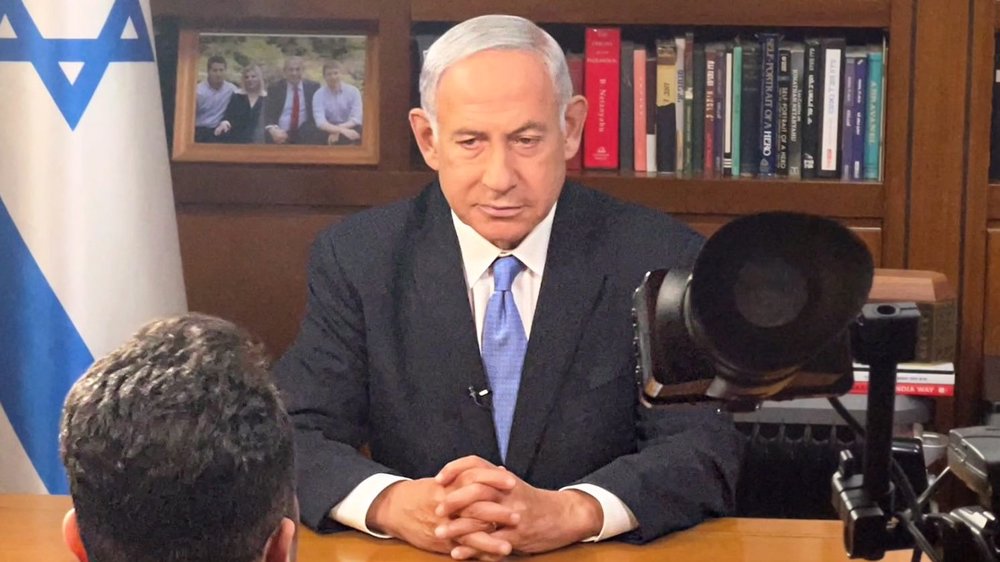

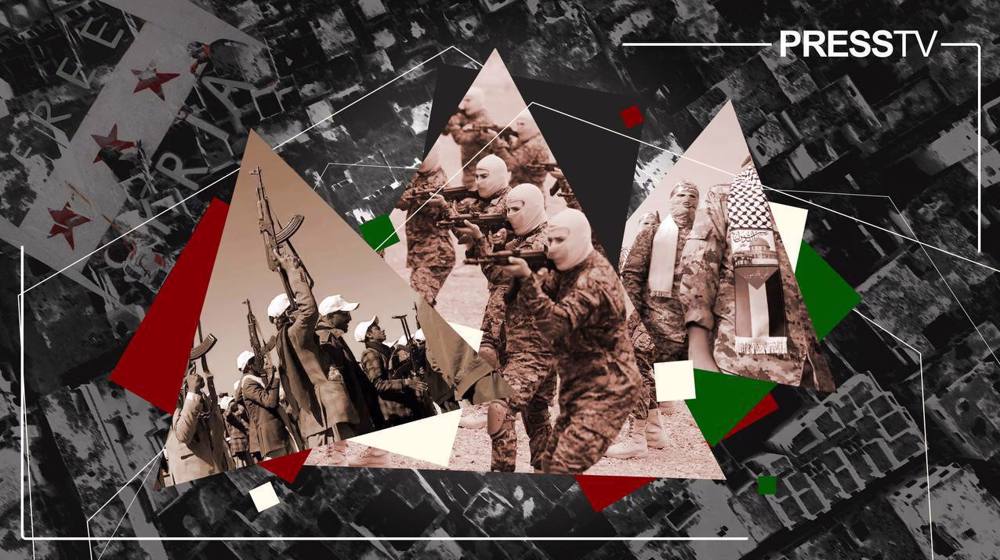
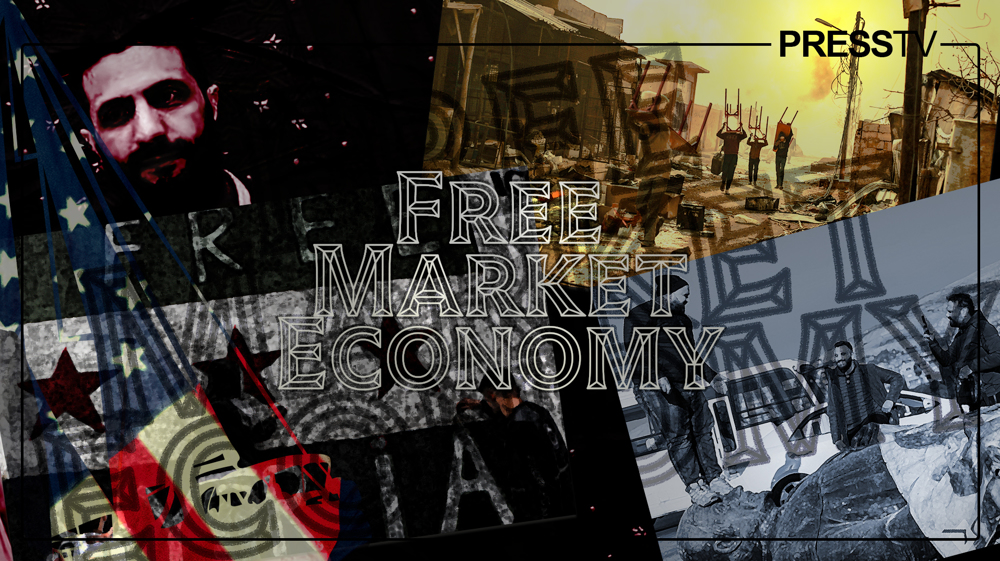



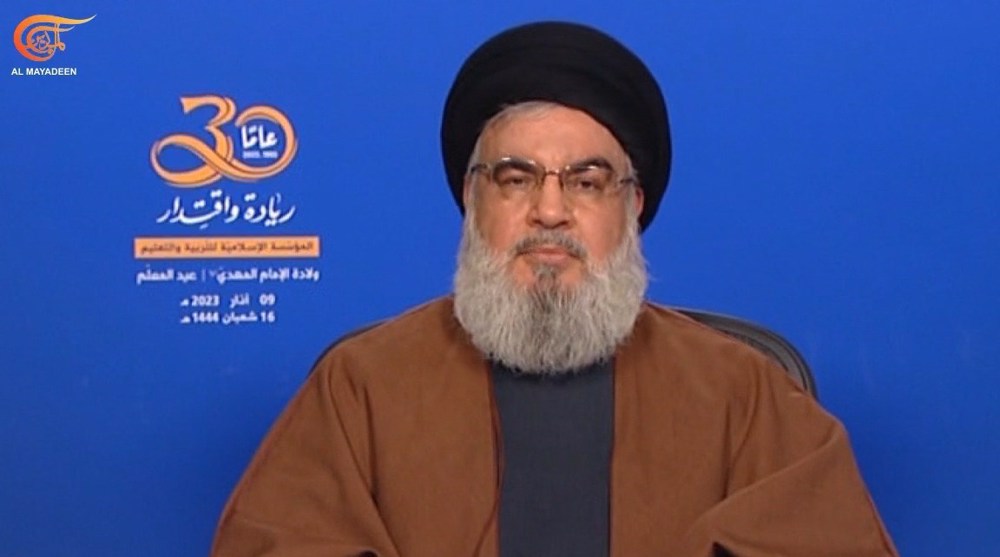
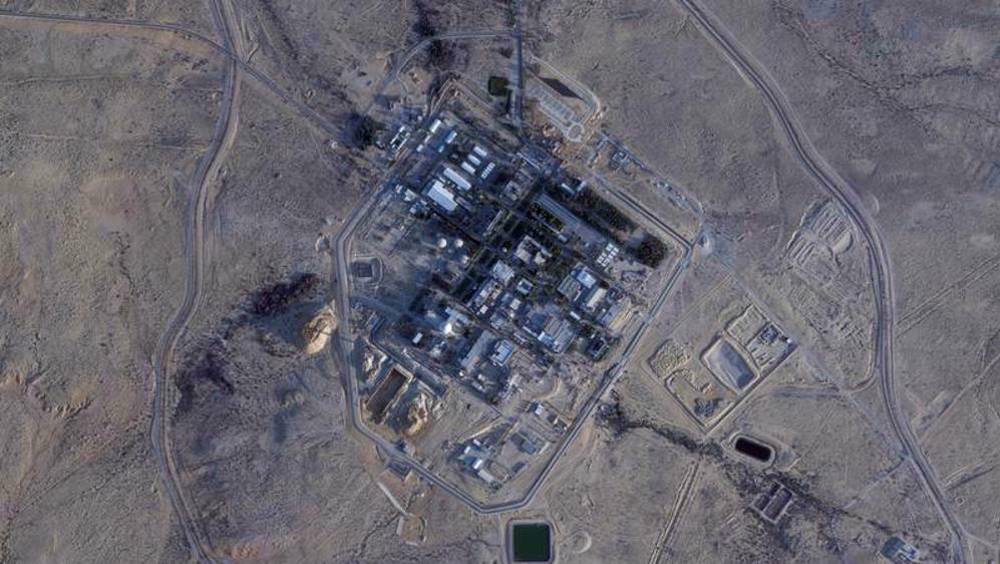
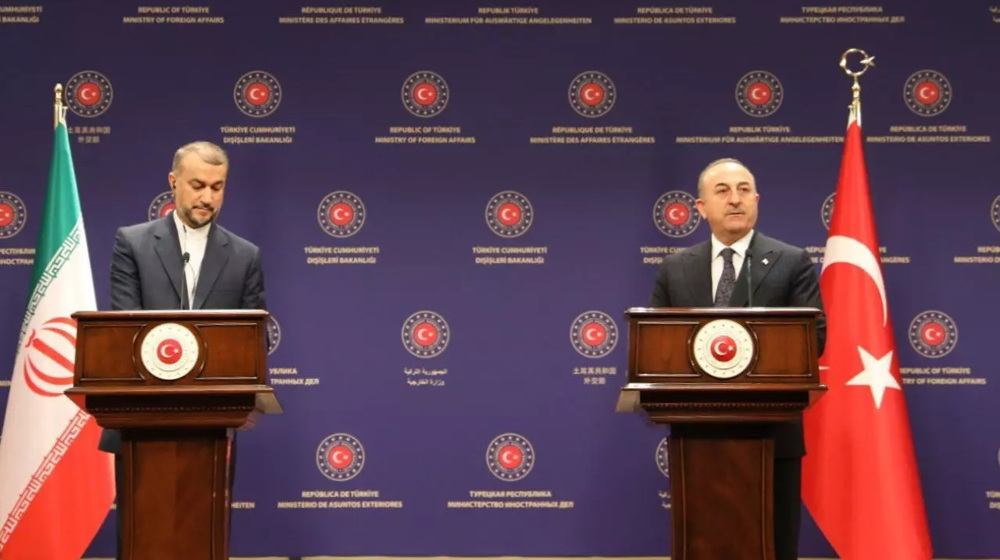

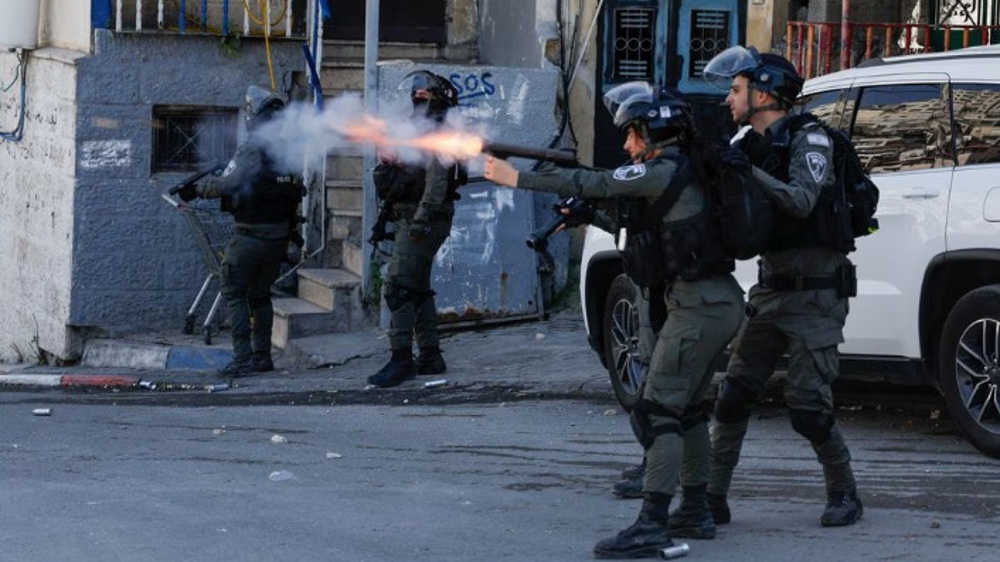

 This makes it easy to access the Press TV website
This makes it easy to access the Press TV website